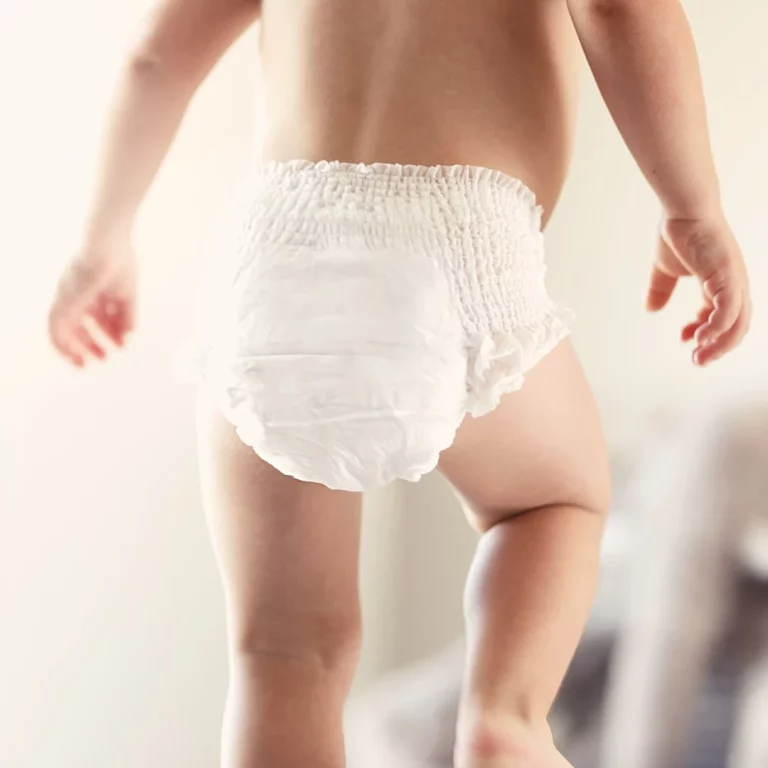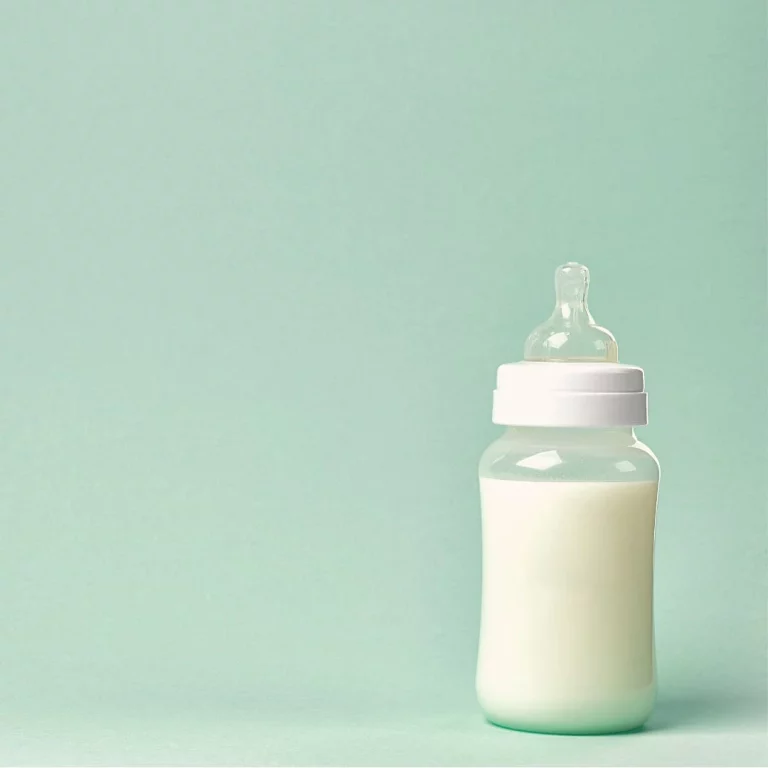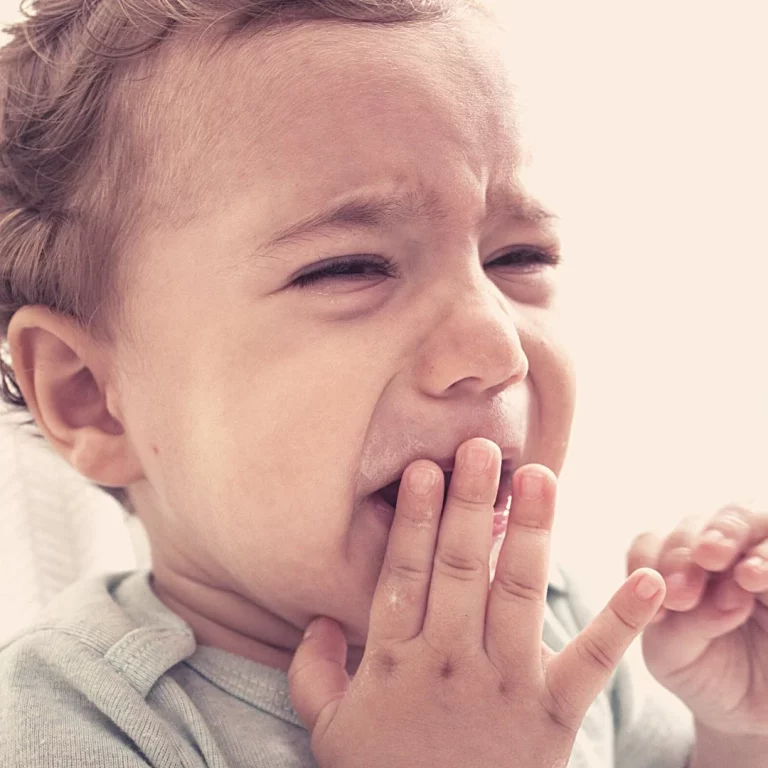Baby Teething Pain Relief
Teething Pain Relief: What You Can Do
Try out these helpful tips to see what works best for your little one:
Cold temperatures can help to relieve pain in a baby’s gums and emerging teeth. Freeze a clean and wet cloth or rag. Once frozen, give it to your little one for them to chew on. You may even massage your baby’s gums using the rag. This can decrease inflammation around the gums. You can also feed them cold soft foods like yogurt, applesauce, or frozen fruit, if they eat those solids. Most babies will not start on solids until 4 to 6 months old. Teething rings and toys may be great to give pressure required for soothing sore gums, though make sure you choose ones made of safe material. You can refrigerate these toys and give them to your little one for the cold to soothe their gums.
Teething biscuits can be used for those who are 8-12 months old, though be wary of their gum hygiene, wiping the gum area with a clean cloth after feeding them the biscuits.
Another option is that parents can rub their gums gently with your clean fingers or wet gauze, with the pressure easing their discomfort.
Baby Teething Pain Relief: What To Avoid
Besides the treatments mentioned above, make sure that you avoid the following:
Do NOT put anything in your little one’s mouth that has no scientific proof that it helps soothe teething. There are even a few teethers or teething aids that aren’t safe, especially ones that have liquid inside, are made with breakable materials or are frozen solid. This is dangerous for your toddler to bite into and can hurt them.
Avoid using materials with harmful substances or choking hazards. If you do choose a teether, get one made of rubber or safe medical grade silicone.
It is never okay to use a teething necklace. Teething necklaces are dangerous and they can strangle your baby. Any baby jewelry is dangerous and has the potential to break, and your little one can choke on the parts of the baby jewelry. Teething necklaces, teething bracelets, or anything the baby wears other than their well fitted clothes can pose a hazard to your child.
Don’t use over-the-counter teething gels or liquids with benzocaine, which has rare but serious side effects. Always consult your pediatrician before giving any pain relievers or medications to your baby, even topically.
Baby Teething Pain
Teething is probably one of the most dreaded milestones for parents as their little ones head on to their toddler years, as this is a very uncomfortable time for them. While toothless smiles are adorable, this won’t last long, as babies will start growing their baby teeth, which may have you staying up at night from their pain!
It’s painful watching them cry from the discomfort but don’t worry, there are safe and effective ways to treat teething pain in babies. Read on to find out!
Related: Best Teether For Molars In Baby?
When Does Teething Start
Most babies begin teething when they reach between four to seven months old, though some begin later. Each baby has his own timetable, so don’t worry if it doesn’t seem like he’s growing his first set of pearly whites just yet. Even if teeth aren’t popping up yet, you’ll know when your little one begins teething based on these symptoms:
· They feel more fussy or irritable, crying even more
· Have swollen and tender gums
· Have a slightly raised temperature around 101 degrees F or less
· Lots of drooling
· Gnawing, chewing, or even biting
· Coughing
· Pulling their eats
· Rubbing their cheeks
· They bring their hands to the mouth
· They have a change in eating and/or sleeping patterns
If your little one starts to feel more pain to the point they have rashes, pus, or blood in the gums, high fever, diarrhea, or vomiting, do send them to the doctor immediately, as these are not typical signs of teething and you need to take them to their doctor right away.
Teething is an uncomfortable time for your baby, but it doesn’t mean there are no remedies to help relieve them a bit! Make sure to use any recommended remedy by your doctor and to avoid dangerous or unproven methods.
We discuss products we think are useful to people. If you buy something through our links, we may earn a commission. Remember to check with your personal physician to see if a product recommended is right for you.








